Digoxigenin (DIG) is a small plant-derived molecule not found in animals. DIG is used to label nucleic acid probes for applications such as in situ hybridization. DIG-labeled probes are detected with antibodies specifically directed against the DIG label. We have generated high affinity and highly purified antibodies for this purpose. The DyLight™ conjugated antibodies allow a one-step fluorescent visualization of DIG-labeled probes.
| Unit Size | 0.5 mg |
|---|---|
| Applications | In situ hybridization |
| Concentration | 1.0 mg active conjugate/ml |
| Recommended Storage | 2-8 °C |
| Solution | 10 mM HEPES, 0.15 M NaCl, pH 7.8, 0.08% sodium azide. |
| Maximum Emission | 518 nm |
| Maximum Excitation | 493 nm |
| Recommended Usage | The recommended concentration range for use is 5-20 µg/ml. |
| Detection Target | Digoxigenin/Digoxin (DIG) |
| Conjugate | DyLight 488 |
| Color of Fluorescence | Green |
| Host Species | Goat |
| Format | Concentrate |
DyLight™ dyes offer several advantages including greater photostability, pH independence and brighter fluorescence. DyLight™ conjugates are completely stable from pH 4 to pH 9, making them compatible with many buffers and diluents.
Applicable patents and legal notices are available at legal notices.
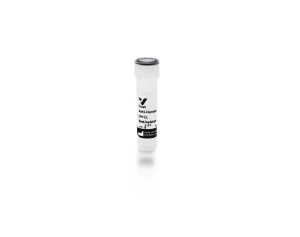
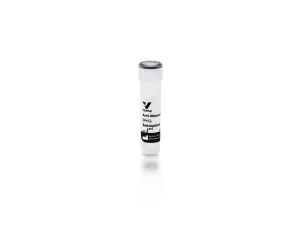
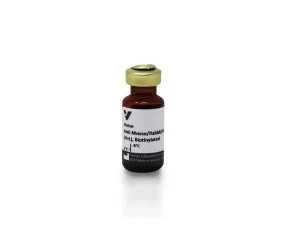
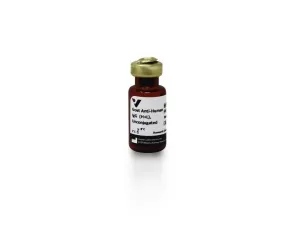
Stay in the Loop. Join Our Online Community
Products
Ordering
About Us
Application
Resources
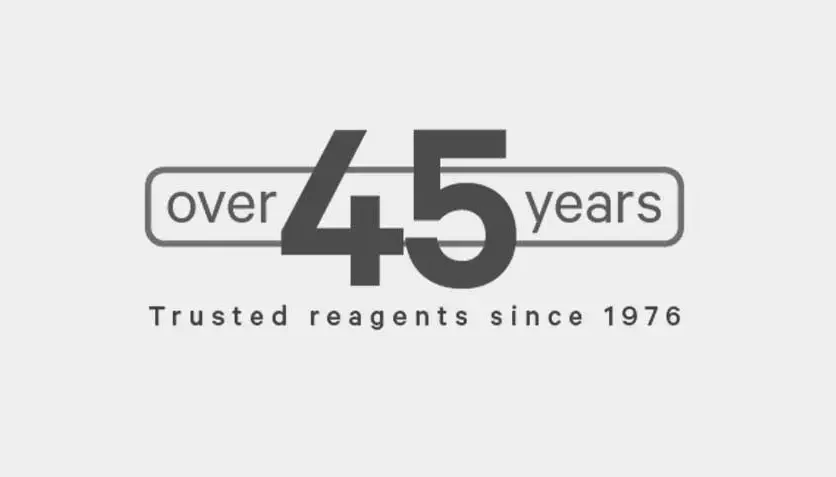
©Vector Laboratories, Inc. 2025 All Rights Reserved.
To provide the best experiences, we use technologies like cookies to store and/or access device information. Consenting to these technologies will allow us to process data such as browsing behavior or unique IDs on this site. Not consenting or withdrawing consent, may adversely affect certain features and functions. Privacy Statement
How do I Request a Quote?
To request a quote for products: